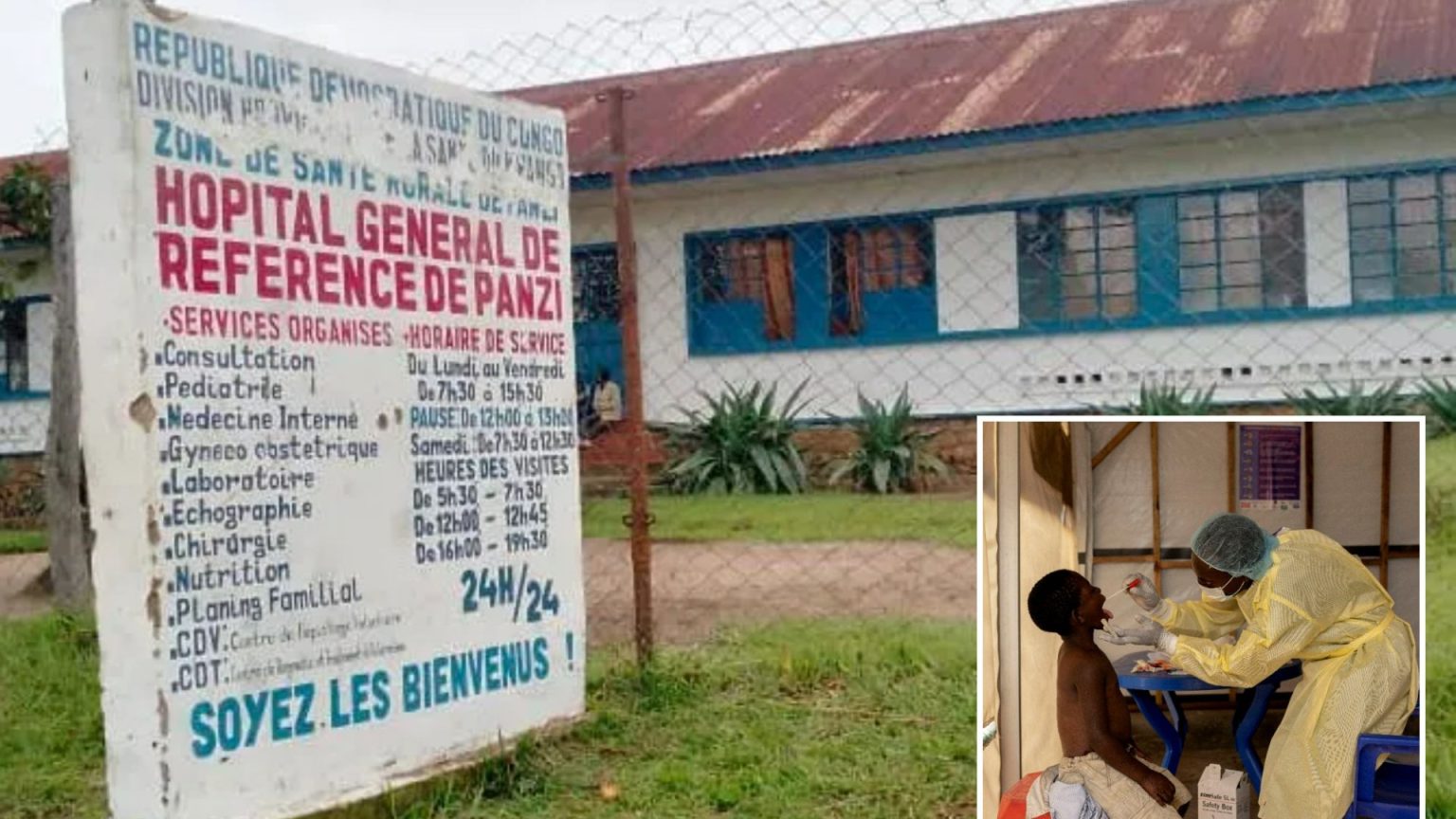A mysterious illness, initially dubbed “Disease X,” has emerged in the Democratic Republic of Congo (DRC), triggering a high alert among public health officials. As of initial reports, 394 cases have been identified, concentrated in the remote Panzi region, with 71 fatalities reported. Presenting with flu-like symptoms including fever, headache, cough, and breathing difficulties, the illness has also been linked to anaemia. A significant proportion of cases, approximately 40%, involve children under five, raising concerns about the vulnerability of younger populations. Initial diagnostic efforts suggest a respiratory illness, but further laboratory analysis is crucial for definitive identification. While specialists have ruled out coronavirus, the precise cause remains unknown, prompting investigations into a range of potential pathogens, including influenza, malaria, and measles. The DRC’s health minister has emphasized the government’s maximum alert status and the need for close monitoring of the situation, classifying it as an epidemic level threat.
The emergence of this unidentified illness has sparked concern and swift action from international health organizations. The World Health Organization (WHO) has deployed experts to the affected region, providing support to local health authorities and delivering essential medical supplies, including diagnostic kits and medicines. This collaborative effort aims to strengthen disease surveillance, identify the causative agent, understand transmission patterns, and implement appropriate control measures. Working alongside community leaders, the WHO aims to prevent further spread of the illness and provide much-needed support to affected families and communities. The challenges of limited access to the remote Panzi region, coupled with inadequate health infrastructure, pose significant obstacles to the response efforts. The region’s existing vulnerability, including high rates of malnutrition, particularly among children, further complicates the situation.
The initial reports of this mysterious illness highlight the ongoing challenges of emerging infectious diseases and the critical importance of rapid response and international collaboration. Identifying the causative agent is paramount for implementing effective control measures and preventing wider spread. The WHO’s deployment of experts and resources underscores the organization’s commitment to supporting the DRC’s health authorities in addressing this emerging threat. The focus on community engagement is crucial for enhancing surveillance, promoting awareness, and ensuring effective implementation of preventive measures. The situation also underscores the need for strengthening health infrastructure in remote regions to enhance preparedness and response capacity for future outbreaks.
The label “Disease X,” initially used in connection with this outbreak, has generated discussion and caution among experts. The term “Disease X” is used by the WHO to denote a hypothetical, unknown pathogen with pandemic potential and was added to the WHO’s priority disease list in 2018. While it can be used as a placeholder for an unknown pathogen, applying it prematurely to a specific outbreak can be misleading and counterproductive. Accurate identification and characterization of the causative agent are essential before assigning definitive labels. Speculation about the cause can be harmful and hinder effective communication and public health response. The focus should remain on scientific investigation, robust data collection, and collaborative efforts to control the outbreak and minimize its impact.
The DRC’s experience with recent outbreaks, including mpox and Ebola, highlights the country’s vulnerability to infectious diseases and its capacity for mounting effective responses. The current outbreak underscores the importance of ongoing investments in strengthening health systems, improving surveillance capabilities, and enhancing community engagement. International collaboration and rapid mobilization of resources are crucial for containing outbreaks and preventing widespread transmission. The WHO’s support and expertise play a vital role in these efforts. While the situation warrants close monitoring and concern, it also demonstrates the importance of evidence-based approaches, avoiding premature conclusions, and focusing on effective public health interventions.
The ongoing investigation into this mysterious illness in the DRC serves as a reminder of the constant threat posed by emerging infectious diseases. It highlights the importance of global preparedness, rapid response, and international collaboration in addressing these challenges. While the situation is undoubtedly concerning, it is also an opportunity to learn, adapt, and strengthen our collective ability to prevent and control future outbreaks. The focus must remain on scientific investigation, community engagement, and evidence-based interventions to protect public health. Accurate and transparent communication is also essential to avoid unnecessary alarm and ensure public trust in the response efforts.


